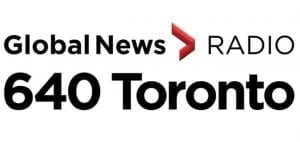How do Insurance policies work?
There are many different types of life insurance and the type we are speaking about is participating dividend-paying whole life insurance where you’ll find a unique blend of death benefit coverage and guaranteed cash value accumulation. This combination offers both living and death benefits.
This type of policy stands out due to its financing characteristics and contractual guarantees. In addition, you also become a Co-Owner of the Life Insurance Company (when dealing with a mutual company) and participate in the form of annual dividends, which once declared, are contractually guaranteed to be paid, cannot be repossessed or lose value, and do not trigger a taxable event when utilize to purchase fully paid up additions to the policy at no additional cost.
Such profit sharing is absent in non-participating policies where surpluses are typically absorbed back into company coffers.
Besides annual dividends, other attractive features are that these policies come with a guaranteed permanent death benefit, and guaranteed daily cash value accumulation, which you can borrow against, on demand, on your terms.
To understand how dividends are generated, the life company considers factors such as mortality rates, expenses incurred, and the overall return on investments. When these result in excess earnings for the insurance company, a portion of the surplus is distributed to participating policy owners as dividends and the remainder becomes “owner’s equity”.
Who are the “Owners”? When dealing with a mutual life insurance company, the sole beneficiaries of the divisible surplus + owners equity are the participating policy owners. The term life, disability, critical illness, universal life policy holders do NOT participate in the divisible surplus generated by the Life Insurance Company because they’re not co-owners.
Much like anything, it’s important to work with an expert when evaluating where to begin or when to expand your system of policies. Since 2008, Ascendant Financial Inc., are Canada's Gold Standard in educating you about the placement of dividend paying whole life insurance and the process of Becoming Your Own Banker using Infinite Banking concept.
Remember, no two policy contracts are alike, hence understanding the specific features associated with yours goes far toward maximizing its advantages.












